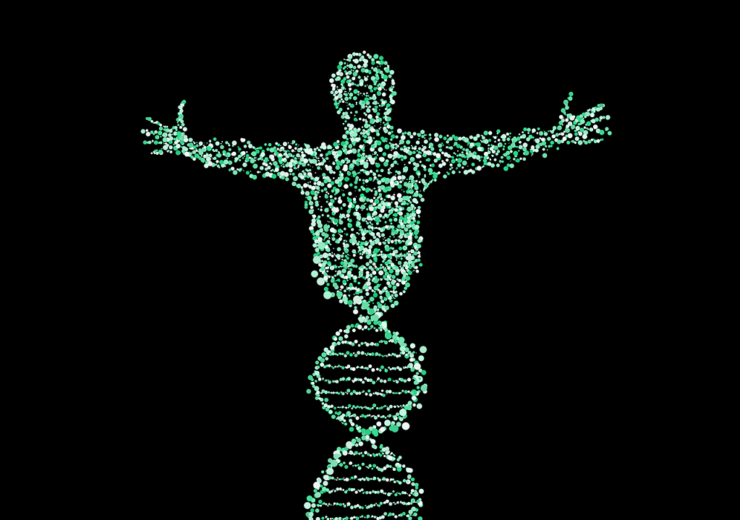BUPA's SmartDNA gene mapping service rolled out to business healthcare insurance clients earlier this month is likely to prompt privacy concerns among employees, according to one GlobalData analyst.

A new employee DNA mapping service offered to BUPA business customers may cause worries among an already privacy-concerned public, says data and analytics firm GlobalData.
Yasha Kuruvilla, general insurance associate analyst at GlobalData, believes DNA testing is unlikely to garner a positive response among employees because of public animosity about sharing data with insurance providers.
He said: “There is still concern among the public about the use of their private data.
“Sharing too much information and privacy concerns are the top reasons that are deterring consumers from sharing data with their private insurance provider.
Mr Kuruvilla’s comments come after GlobalData’s 2018 General Insurance Consumer Survey revealed that 44% of people feel that wearables give insurance companies too much access to their data, and a further 35% are concerned about the privacy of their data.

“If sharing fitness data is a concern for consumers, then allowing a provider to examine their genetic composition will surely also be an issue,” he adds.
DNA mapping tests are predominantly used to reveal information about an individual’s ethnicity and background, and to identify potential relatives.
However, they can also be used to gain insight into an individual’s potential health risks and predispositions to certain behaviours.
BUPA’s DNA mapping service comes at a time when companies are recognising the need to monitor the wellbeing of employees.
According to GlobalData’s 2018 UK SME Insurance Survey, 71% of small and medium sized enterprises (SMEs) believe they should play an active role in supporting their employees’ physical health and wellbeing.
What is DNA mapping
DNA mapping – also known as gene mapping – is the practice of examining genetic make-up from the blood or tissue samples of an individual, and sometimes members of their family.
Scientists can isolate areas of DNA and examine them to find patterns they can relate to common biological traits and diseases, as well as potentially rarer ones shared by members of the same family.
These patterns, known as DNA markers, cannot identify the gene responsible for the disease or trait, but enable researchers to roughly locate it in a person’s DNA.

How does BUPA use DNA mapping
BUPA offers the service through its SmartDNA programme, which it hopes will now guide the staff of its business clients towards healthy behaviours based on insights related to their sleep, diet, exercise and stress.
BUPA believes there’s an appetite for DNA mapping to drive positive steps towards a healthier lifestyle.
In its own research it found half of adults in the UK would make immediate changes if they had evidence the above insights were linked to their health and wellbeing.
Bupa Health Services clinics director Sarah Melia said: “People are now much more engaged in their health and want to know how they can make improvements to their lifestyle, so this is a big step in giving them a more holistic view of their health.
“We all know that poor sleep and too much caffeine, alcohol and stress aren’t good for our health but when we learn more about how our bodies naturally react it does hit home and, therefore, we can take action.
“This isn’t just about spotting the ‘bad’ – it’s about understanding what your body positively responds to, and using that information to make smarter choices so you can make real-life changes to your health and wellbeing.”
